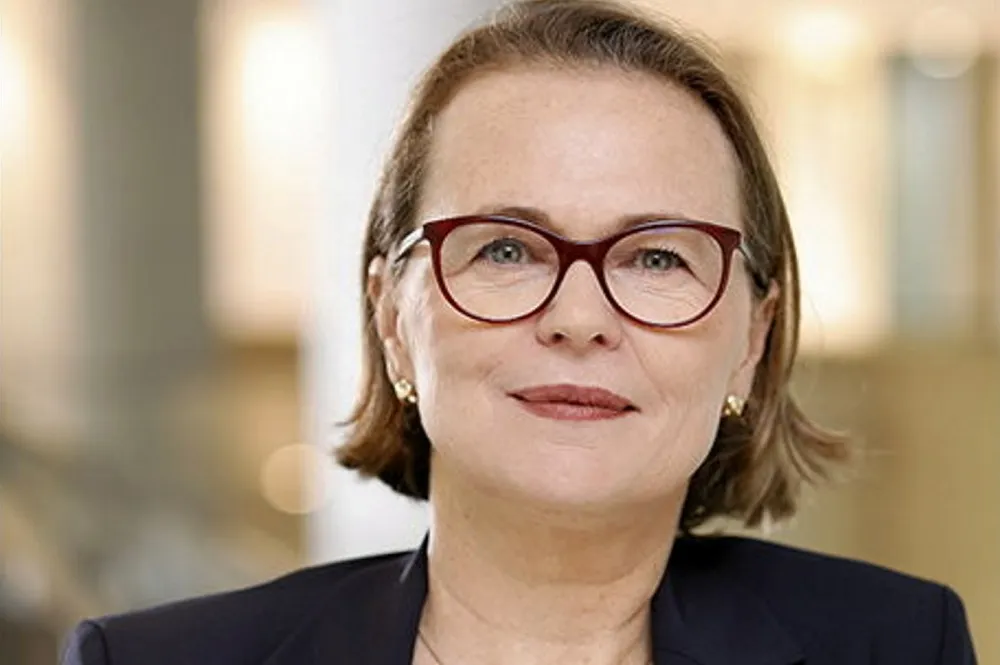Final investment decision on 100km hydrogen pipeline between France and Germany to be taken 'very soon': gas operator
CEO of France’s main gas transmission system operator tells Paris conference that the project will be GRTGaz’s first FID in 2024

CEO of France’s main gas transmission system operator tells Paris conference that the project will be GRTGaz’s first FID in 2024
